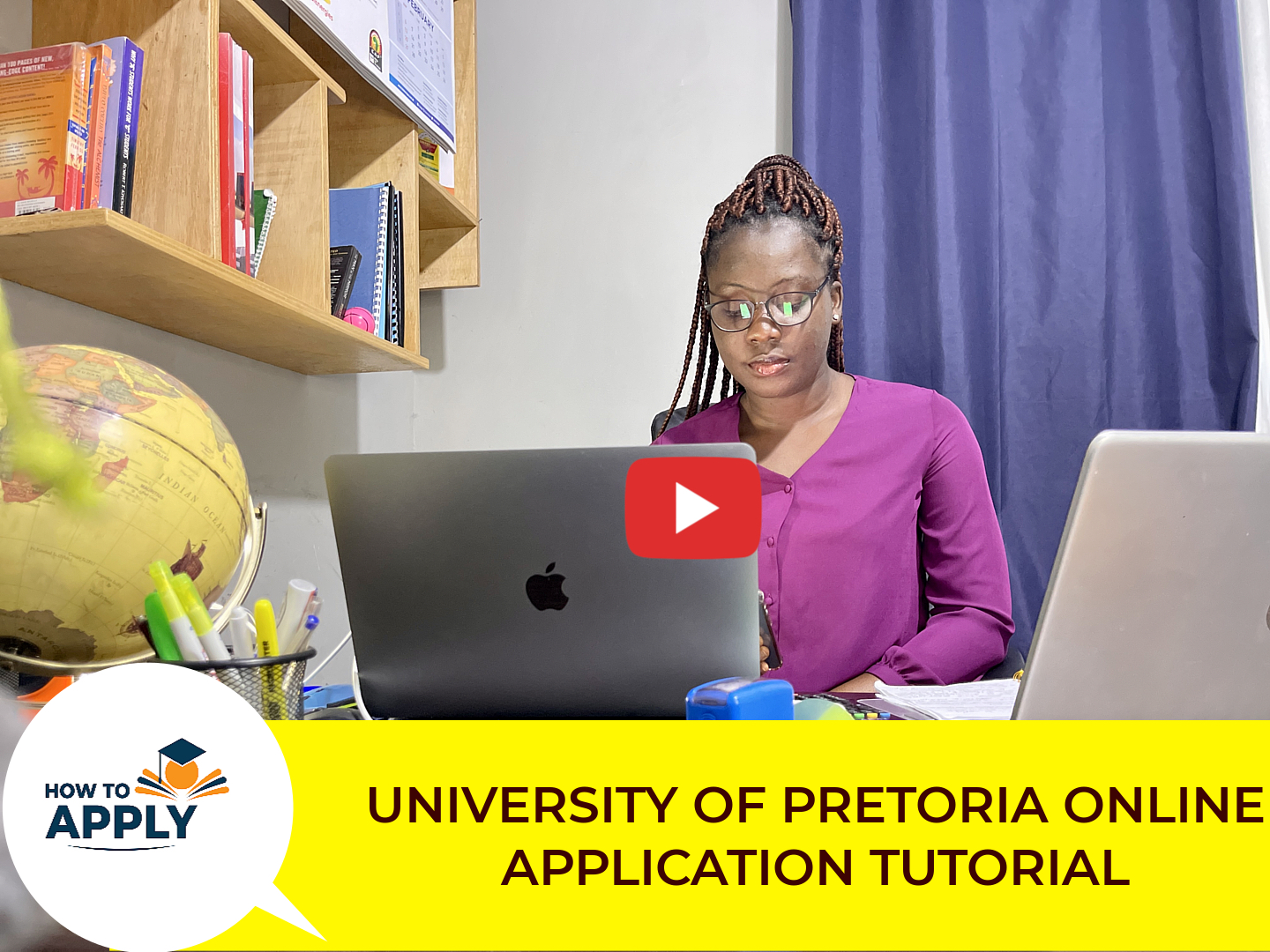Rhodes University Faculty of Humanities
Rhodes University Faculty of Humanities – See Details Below:
About the Faculty
Comprising 11 Academic departments, 2 Schools and 7 Affiliated Institutes, the Faculty is largely responsible for growth in student numbers at Rhodes over the past few years. Out of 8144 students currently registered at Rhodes university for 2022, 3476 (42.7%) of those are registered in the Humanities Faculty. 2860 of those are undergraduate students and 616 are postgraduate students (statistics recorded 13 March 2021).
The Faculty offers a rich variety of courses within four broad categories:
1. Arts (Fine Art, Drama, Music)
2. Languages (isiXhosa, English, Afrikaans, English Language and Linguistics, French, German, Latin, Greek)
3. Professional Offering (Journalism and Media Studies)
4. Social Studies (Sociology, Psychology, Anthropology, Political Studies, History, Philosophy)
The Faculty of Humanities offers a very wide range of possible degrees and course combinations. Students can major in Journalism and Politics, Classics and French, German, isiXhosa, Afrikaans or any other language offered, or Management and Industrial Sociology or Organisational Psychology, or Fine Art and History, or Information Systems and English or Philosophy and Anthropology, or Computer Science and Music, or Mathematics and Drama or Linguistics.
The Faculty offers an excellent liberal arts education – an education for life and an education which is formative for almost any career choice. A liberal arts education provides students with critical reasoning skills, in particular the ability to analyse and evaluate arguments, to probe for hidden assumptions, to organise complex material in coherent ways; with an ability to understand the views of others; the ability to communicate well; a capacity to cope with ambiguity and uncertainty; and an acknowledgement of one’s own ignorance. It is an education that introduces students to the formative moments of their histories, their societies and their identities. It allows students to enjoy the worlds of music and drama and literature and languages.
It opens worlds. It provides an education and not training. As such it provides students with the critical skills and characteristics which are so important for our individual and national development. All of the above may be combined with degrees or courses which are more immediately career oriented than the liberal arts education. Specialised degrees in Journalism or Fine Art or Music are offered, but all within the context of a broader rather than a technical education.
Why Study Humanities?By Professor Louise Vincent, Department of Political and International Studies at Rhodes University
Poetry, philosophy, sculpture, dance, history, politics, anthropology, ethics, religion. If you have your heart set on studying any of these, chances are you’re receiving a little heat from friends and family. They want to know what job you’ll end up doing. What will these subjects “qualify” you as? How much will you earn? What will you know how to do?
Governments and research funders often ask similar questions. Why invest time and money in the study of the humanities at universities? In a world beset by pressing social problems — crime, poverty, environmental catastrophe, unemployment, disease — surely debating deep philosophical points of view, producing music, paintings or unearthing historical writings is an indulgence, an unaffordable luxury?
A listener eavesdropping on debates in the humanities quickly becomes infuriated. There seem to be no clear answers. Arguments go around in circles. What counts for “research” seems imprecise, exploratory, open-ended. Problems are posed even when everyone knows that no clear answer will be likely to emerge. Everyone is asking questions and solutions are thin on the ground. Even more infuriatingly, no one seems at all apologetic about this.
So what is the point, exactly? The humanities can be described as the way in which a society engages in conversation with itself. Our work is not about finding technical solutions to individual problems. We have bigger aims — to produce ethical and reflective citizens capable of adapting to change and leading in innovation because they are creative, lateral and critical thinkers.
We are interested in reading, understanding, interpreting and debating the best that has been said, written and thought about throughout human endeavour. And yes, we don’t apologise for thinking that it is quite an important thing to want to do, especially if you can learn to do it well: with insight and a heightened critical awareness. These are hard things to learn. They require excellent, enthusiastic and highly skilled teaching.
We can, if we must, put our usefulness into instrumental language. The capacities that are developed in an education in the humanities are what might be called “higher-order literacy” competencies. The time we live in has been described as the age of “information” implying that vast quantities of information move quickly around the world and drive policies, scientific innovation, business plans, development initiatives and the like.
Who would we propose should be responsible for interpreting, summarising and critically engaging with this information? Who is competent to evaluate the sources of information, to synthesise it to render its essence, to compare and contrast it with other information and to suggest authoritatively what it all means? Who, if not the graduate of English literature, art history, political studies, philosophy, history or anthropology?
Knowledge is not only about technological innovation; it is also about being able to make informed choices about priorities and the impact of technology on human lives. The problem of HIV/Aids, for instance, is not simply a medical problem that will be addressed with a technical solution. We can see from the differential impact the virus has had in differing social and political contexts that it is also a social and political problem; addressing the virus entails solutions that are informed by understanding human behaviour, political-decision making and so on.
Study in the humanities fosters understanding across barriers of race, class, gender or ethnicity. The vision of an artist, a philosopher or a historian is a special one that helps us to better understand who we are and what sort of life might be a good life to lead. In this way the humanities can be said to reveal ourselves to ourselves through the most profound means of communication we have available — music, literature, dance, poetry and philosophy.
We live in an age dominated by the demand for quick-fix solutions. But the enormity of the problems we face, whether it be global climate change, disease or poverty, are such that not only will quick-fix solutions not work, but they will also produce further harm. So it is imperative that we attract the brightest and the best to do the work that needs to be done in the humanities. And the families and friends of those who want to make a life doing this work should be celebrating and honour that choice.
Rhodes University Faculty of Humanities Contact
Rhodes University Faculty of Humanities Departments
Quick Links:
1.Buffalo City TVET College Online Application
2.Buffalo City TVET College Application Form
3.Buffalo City TVET College Undergraduate Application Form
4.Buffalo City TVET College Online Undergraduate Application
5.Buffalo City TVET College Application Closing Date
6.Buffalo City TVET College Application Status
7.Buffalo City TVET College Online Application Status
COURSES
8.Buffalo City TVET College Courses Offered
FEES STRUCTURE, BURSARIES, AND SCHOLARSHIPS
9.Buffalo City TVET College Banking Details
10.Buffalo City TVET College Fees
11.Buffalo City TVET College NSFAS
12.Buffalo City TVET College Bursaries
13.Buffalo City TVET College Student Loans
14.Buffalo City TVET College NSFAS Application
PROSPECTUS
15.Buffalo City TVET College Prospectus
16.Buffalo City TVET College Undergraduate Prospectus
17.Buffalo City TVET College Postgraduate Prospectus
CONTACTS, LOCATION, AND CAMPUSES
18.Buffalo City TVET College Campus
19.Buffalo City TVET College Contact Address
ADMISSION REQUIREMENTS AND REGISTRATIONS
20.Buffalo City TVET College Entry Requirements
21.Buffalo City TVET College Admission Requirements
22.Buffalo City TVET College Registration.
ACADEMICS
23.Buffalo City TVET College Tender
24.Buffalo City TVET College History
25.Buffalo City TVET College Mission and Vision
26.Buffalo City TVET College Examination
27.Buffalo City TVET College Faculties
28.Buffalo City TVET College Graduation Ceremony Date
29.Buffalo City TVET College Graduation List
30.Buffalo City TVET College Acceptance letter
31.Buffalo City TVET College Academic Calendar
32.Buffalo City TVET College Student Portal Login
33.Buffalo City TVET College Career
34.Buffalo City TVET College Job Vacancies
35.Buffalo City TVET College Blackboard Learn Login
See Also:
1.University of Pretoria Application Status
2.University of Pretoria Online Application Status
3.University of Pretoria Online Application
4.University of Pretoria Application Forms
5.University of Pretoria Undergraduate Application Form
6.University of Pretoria Postgraduate Application Form
7.University of Pretoria Undergraduate Online Application
8.University of Pretoria Postgraduate Online Application
COURSES
9. University of Pretoria Courses Offered
FEES STRUCTURE, BURSARIES AND SCHOLARSHIPS
10.University of Pretoria Application Fees
11. University of Pretoria Summer/Winter School Fees
12. University of Pretoria Bank Details
13.University of Pretoria Fees and Funding
14. University of Pretoria Undergraduate Fees
15. University of Pretoria Postgraduate Fees
16. University of Pretoria Residence Fees
17. University of Pretoria International Student Fees
18. University of Pretoria Postgraduate Registration Fee
19. University of Pretoria Scholarship
PROSPECTUS
20. University of Pretoria Prospectus.
21. University of Pretoria Undergraduate Prospectus
22. University of Pretoria Postgraduate prospectus
ADMISSION REQUIREMENTS AND REGISTRATIONS
22. University of Pretoria Online Registration
23. University of Pretoria Registration
24. University of Pretoria International Student Registration
25. University of Pretoria Admission Requirements
26. University of Pretoria PHD Admission Requirements
CONTACTS, LOCATION AND CAMPUSES
27. University of Pretoria Distance Learning Contact
28. University of Pretoria Fees Office Contact Address
29. University of Pretoria Contact Address
30. University of Pretoria Campuses
ACADEMICS
31. University of Pretoria Student Portal Login
32. University of Pretoria Accommodation and Hostel
33. University of Pretoria Distance Learning
34. University of Pretoria Dormitory and Hostels
35. University of Pretoria Examinations
36. University of Pretoria Examination Results
37. University of Pretoria Faculties and Schools
38. When is University of Pretoria Open Day
39. Does University of Pretoria Offer Distance Learning
40. University of Pretoria Graduation Ceremony Date
41. University of Pretoria Graduation List
42. University of Pretoria Closing Date
43. University of Pretoria Acceptance Letter
44. University of Pretoria Career
45. University of Pretoria Job Vacancies
46. University of Pretoria Blackboard Learn Login
47. University of Pretoria Historical Background
48. University of Pretoria World Ranking
49. University of Pretoria Grade Calculator
50. University of Pretoria Examination Timetable
51. Apply at the University of Pretoria
See Also:
61.University of Cape Town UCT Term Dates
62.University of Cape Town UCT Academic Calendar Pdf
63.Does University of Cape Town UCT Offer Pharmacy
64.University of Cape Town UCT School of Nursing and Midwifery
65.University of Cape Town Contact Details
66.University of Cape Town Payment and Rebate Deadlines
67.University of Cape Town UCT Payment Methods
68.UCT Postgraduate International Students
69.University of Cape Town National Senior Certificate Requirements
70.University of Cape Town UCT Students Results
71.University of Cape Town UCT Course Timetable
72.University of Cape Town UCT Department Timetables
73.University of Cape Town UCT Venue Timetable
74.UCT Departmental Exam Timetable
75.University of Cape Town UCT Student Exam Timetable
76.University of Cape Town UCT Residences
77.University of Cape Town Accommodation
78.University of Cape Town UCT Student Housing
79.UCT Student Housing and Residence Life
80.University of Cape Town UCT Student Housing Application
81.UCT Off-Campus Student Accommodation Services OCSAS
82.University of Cape Town UCT Tier One Residences
83.University of Cape Town UCT Tier Two Residences
84.University of Cape Town UCT Tier Three Residences
85.University of Cape Town UCT Postgraduate Housing
86.University of Cape Town UCT Postgraduate Contacts
87.University of Cape Town UCT First Year Students
88.University of Cape Town UCT Orientation Leadership Training
89.University of Cape Town UCT Orientation Dates
90.University of Cape Town UCT Orientation Programmes
91.University of Cape Town UCT International Orientation
92.UCT Student Orientation & Advocacy Service SOAS
93.University of Cape Town UCT Curriculum and Course Changes
94.University of Cape Town UCT Exams
95.University of Cape Town UCT Graduation Ceremony Date
96.University of Cape Town UCT Graduation List
97.University of Cape Town UCT Third Term
98.University of Cape Town UCT Oracle PeopleSoft Sign in
99.University of Cape Town Faculties
100.University of Cape Town Grading System

